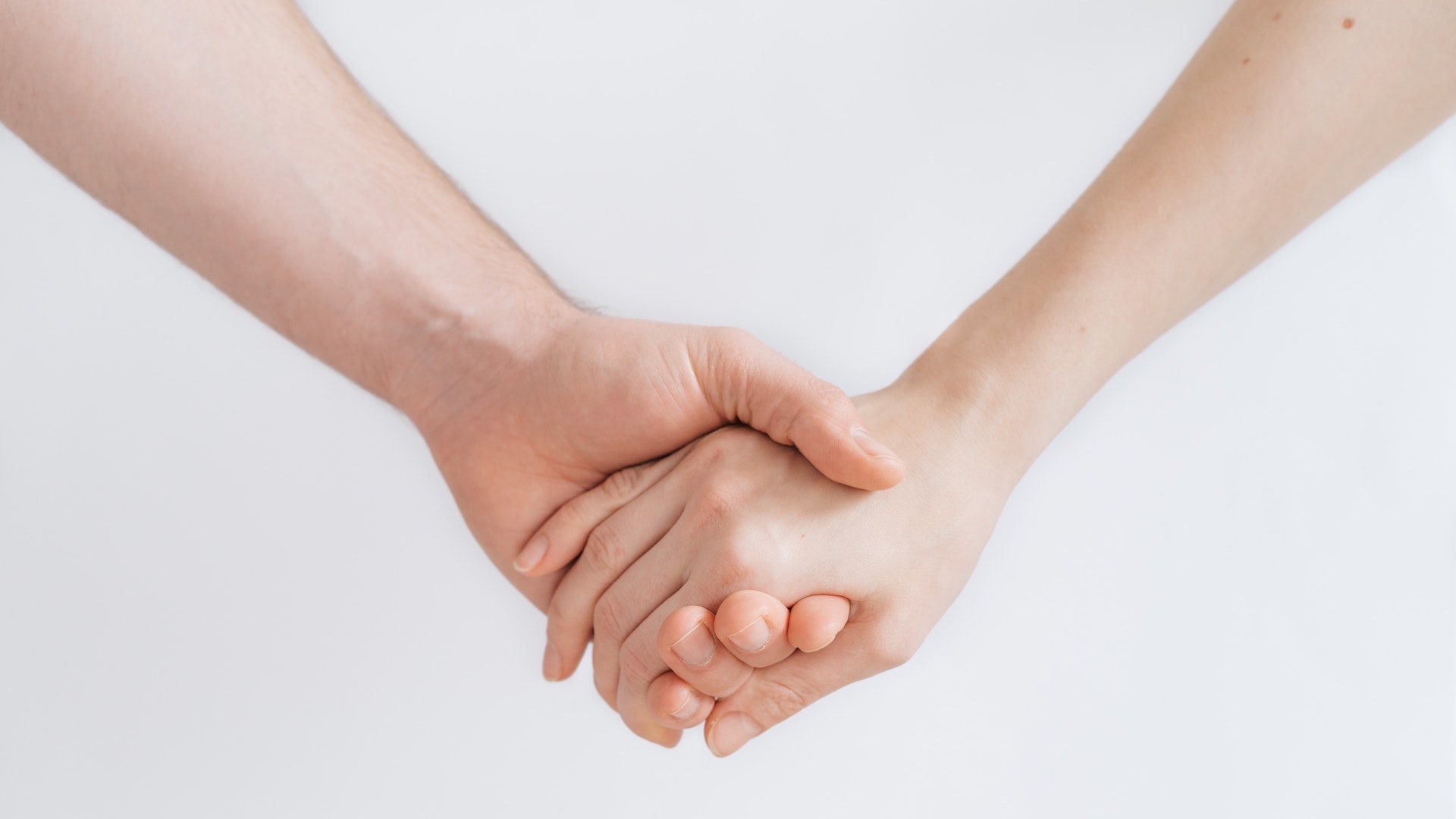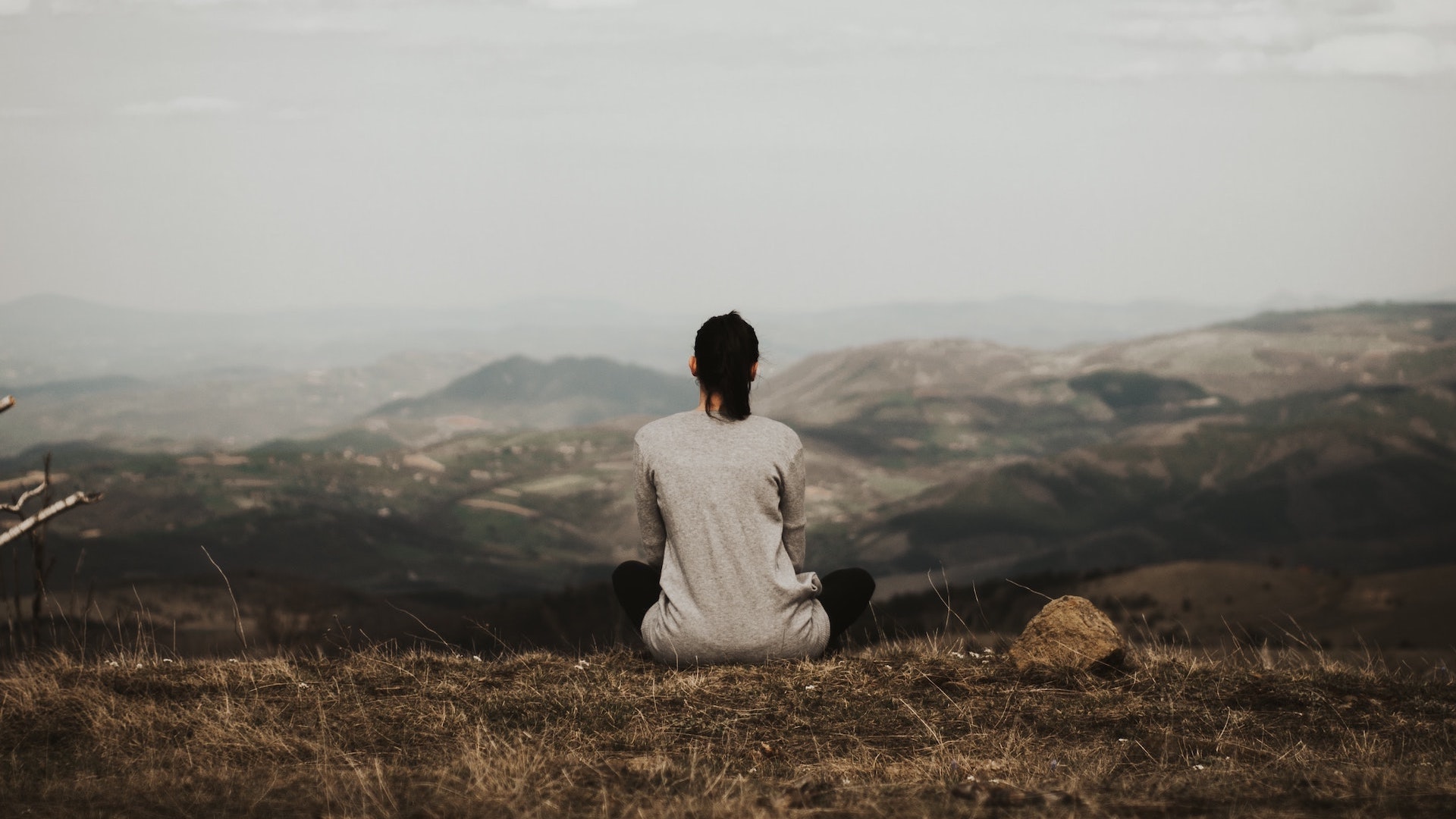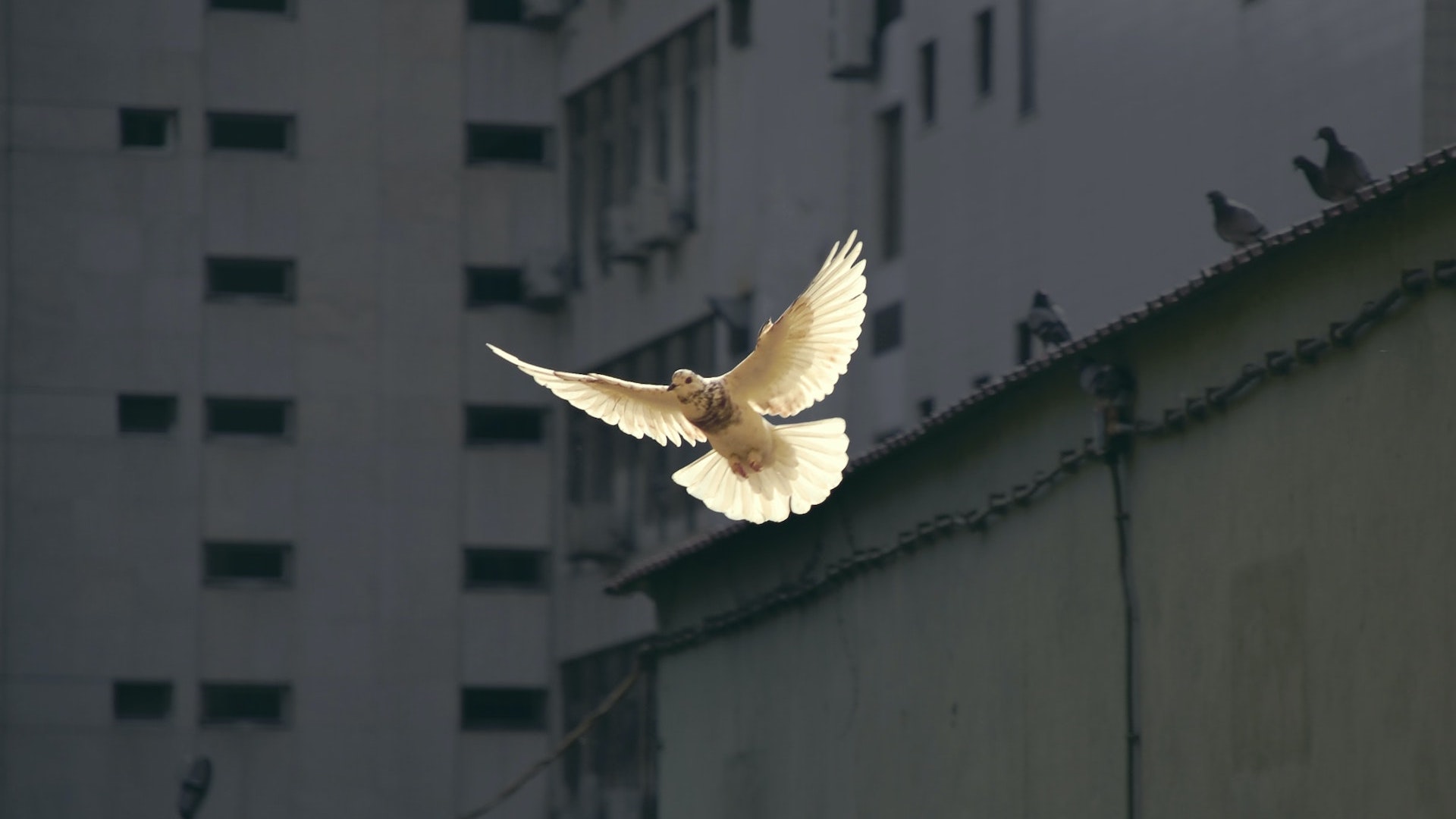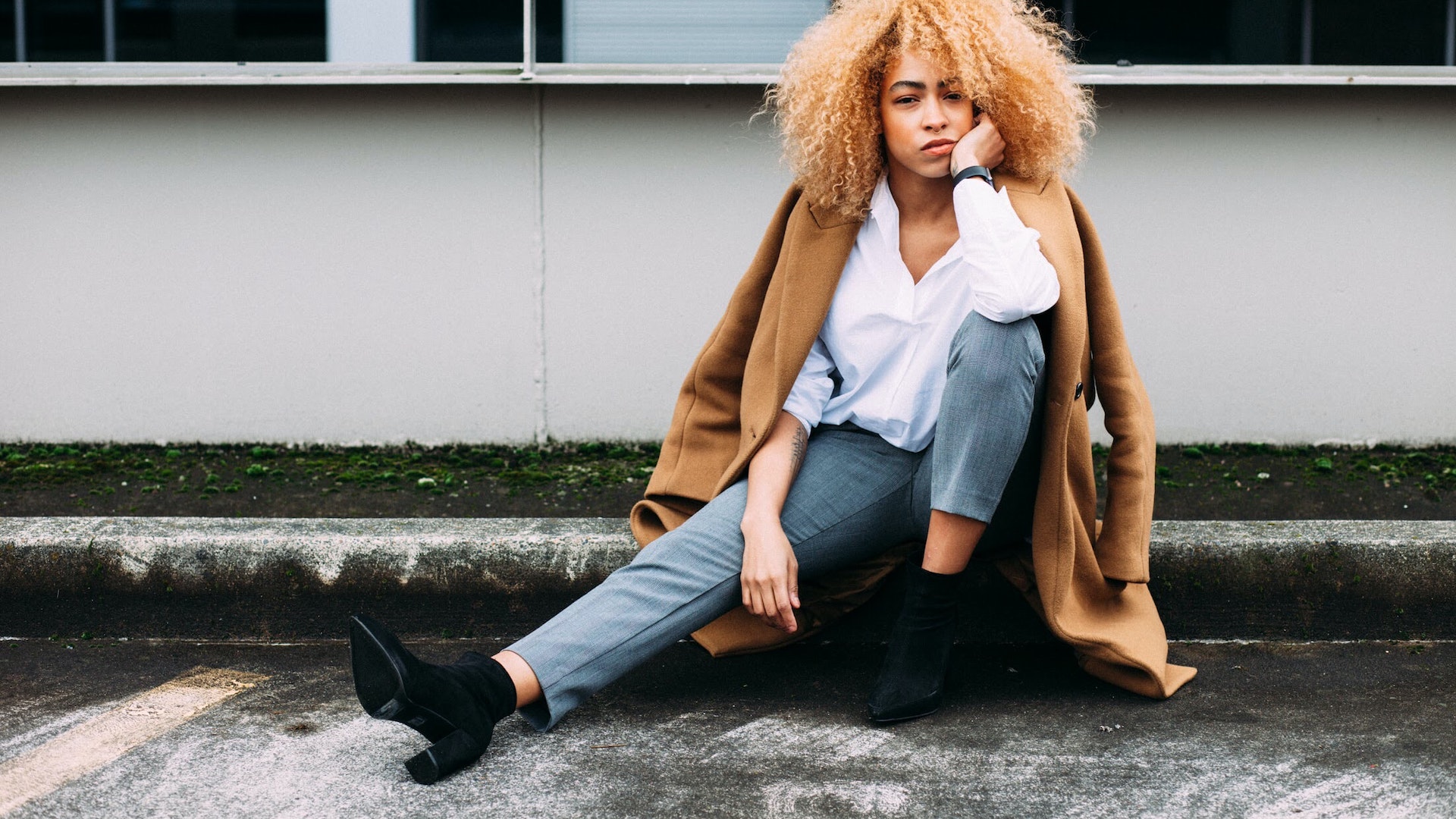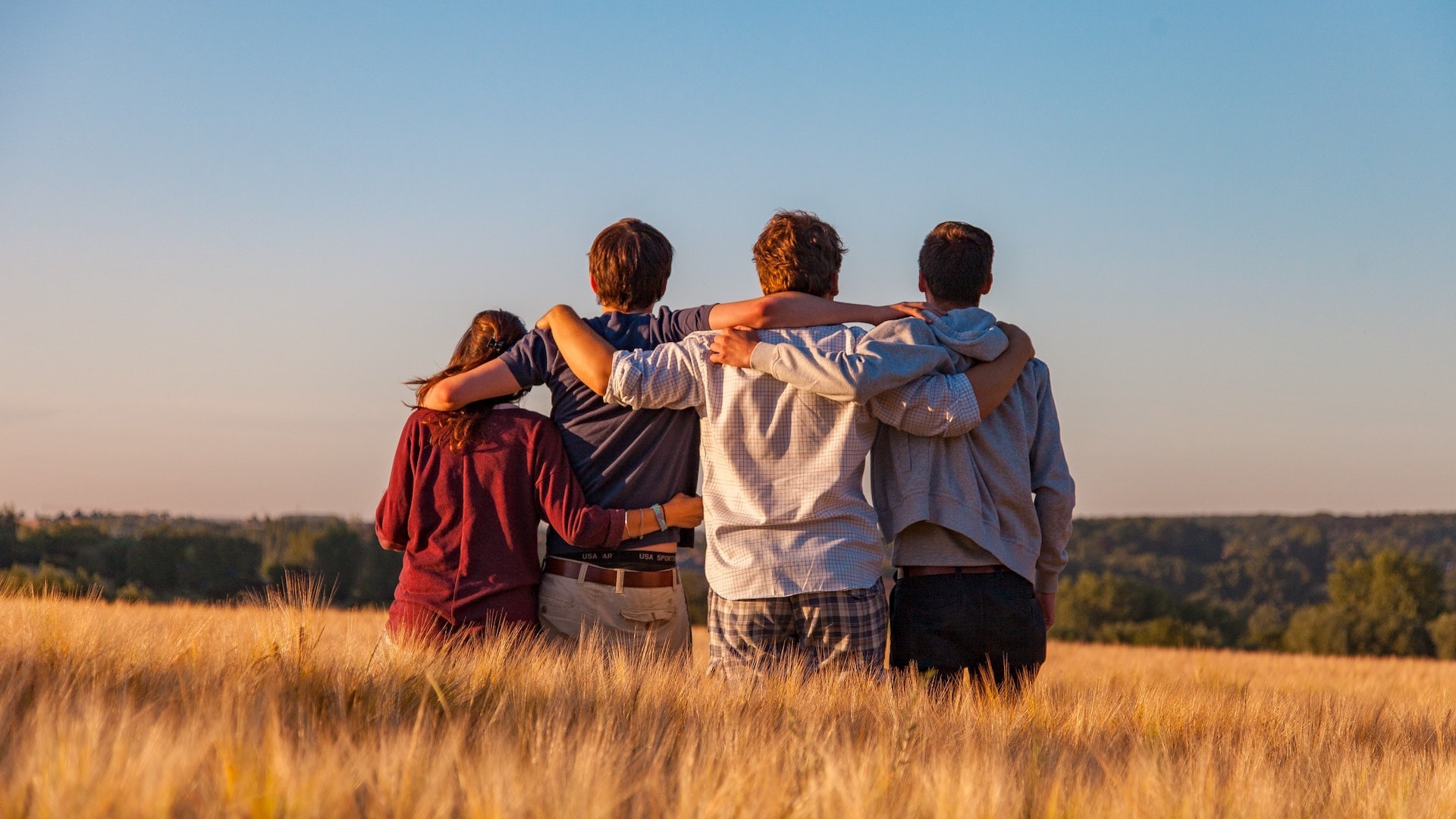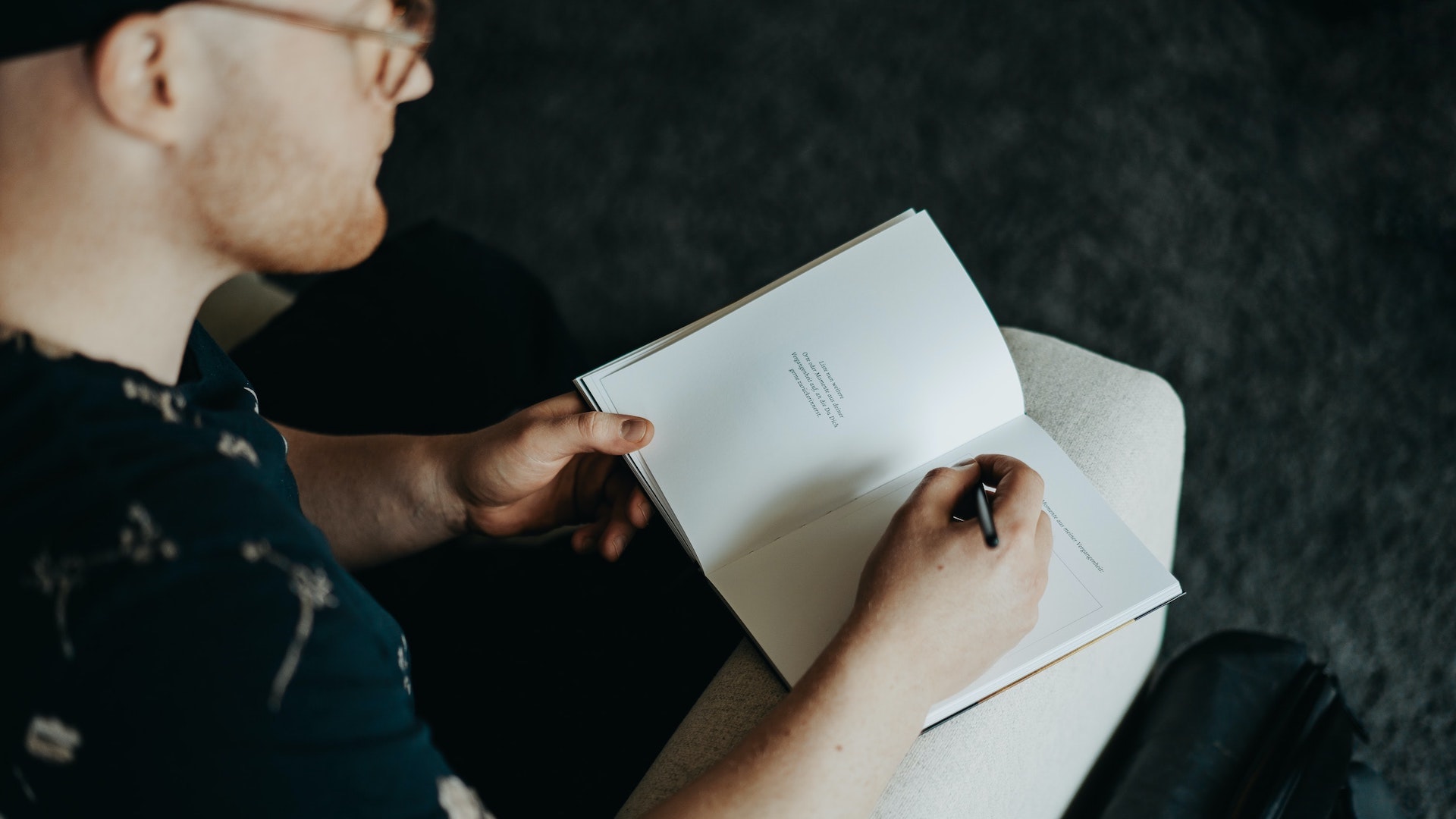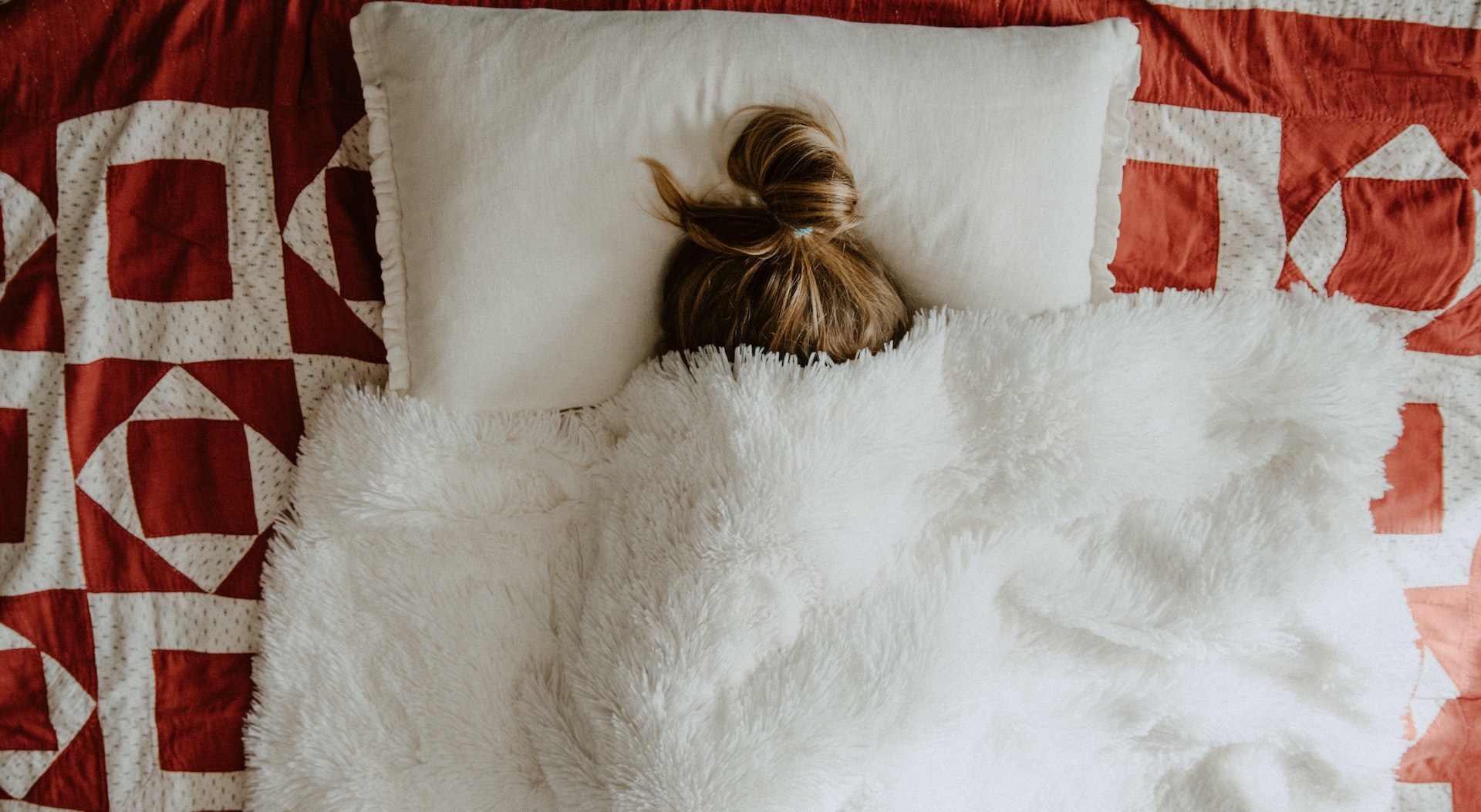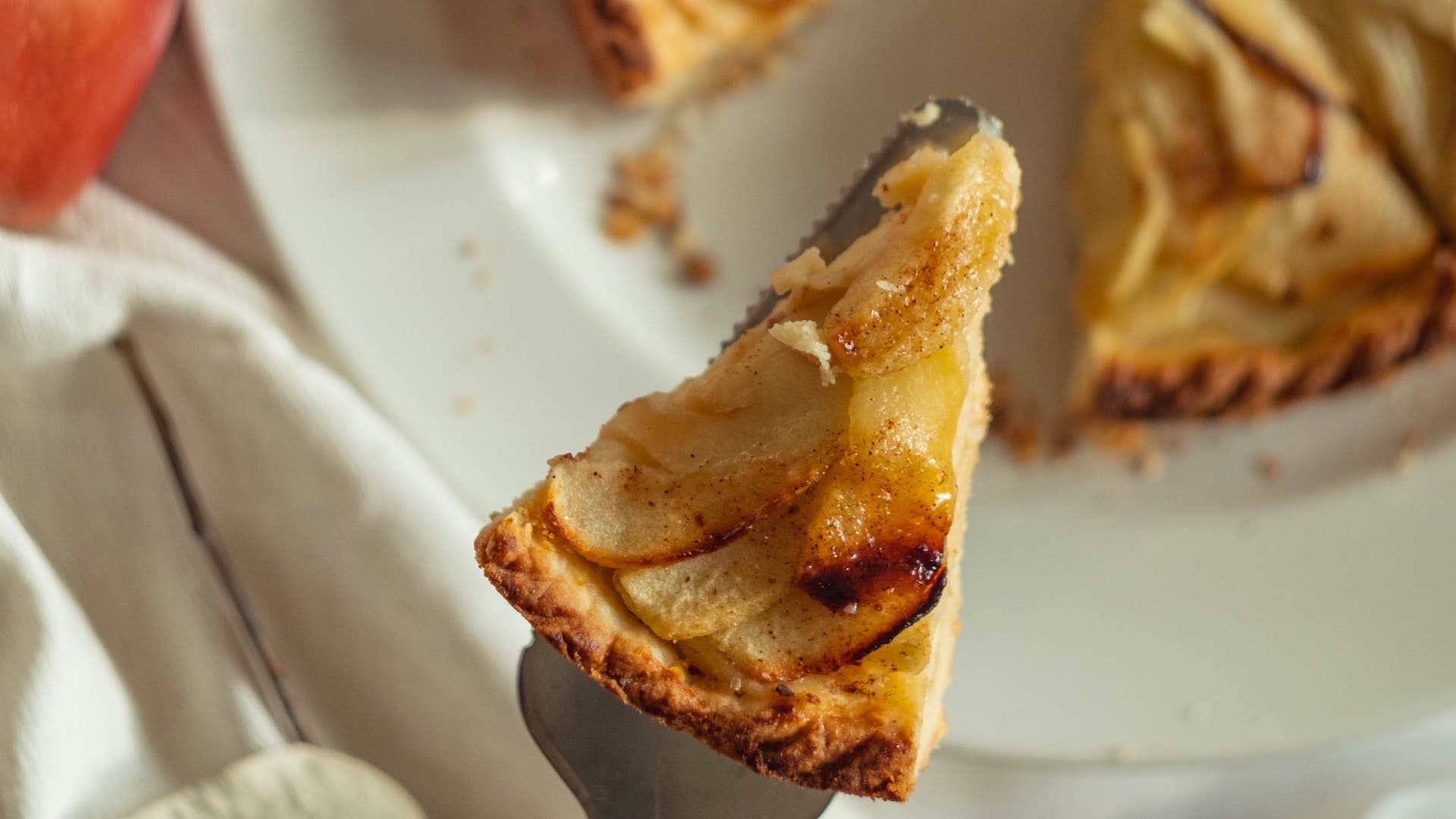I wish that I had the awareness that this was a common feeling for AYAs when I was first diagnosed and undergoing treatment, because, although I had so much support from my family and friends, I still felt isolated and misunderstood.
Continue readingHi, My Name Is Aerial And I Have Anxiety.
The difference between Aerial today and Aerial from a decade ago is the management of my mental health. I have my “go-to” list that helps me get through moments of angst, like the middle of the night panics when all my friends are sleeping and my husband is snoring the night away.
Continue readingPeace Amidst Chaos
There are many things in life that we prepare for. We study or practice and hope that when the time comes, we are ready for whatever faces us. So, when something extreme happens to us, like being diagnosed with cancer, what preparation from our lives do we fall back on?
Continue readingWhy The Cancer Experience Can Be Especially Difficult for AYAs
There is clearly a need for research and healthcare institutions to pay more attention to AYAs to help mitigate negative outcomes. So, the most urgent question becomes… What can be done to help?
Continue readingSurvival Is Insufficient
Now there is scientific research showing that the young adult cancer population, aged 18-39, is the most isolated age-group who experiences cancer, and that this isolation is linked to all sorts of quality of life issues. It affects survival rates, reintegration into normal life, and a host of other things. There is data showing that surviving cancer is not enough, we must also be helped to thrive. There is data showing that survival is insufficient.
Continue readingSubmit a Journal Prompt!
Have you thought of a journal prompt you think our community would love? You can submit an anonymous journal prompt recommendation!
Continue readingSo, What Exactly Is An AYA?
An adolescent just diagnosed with cancer who is exploring their identity will likely have very different needs than a young adult recently diagnosed with cancer who just had their first child.
Continue readingMay 2022 Programs!
Check out what’s happening at Cactus Cancer Society this May!
Continue readingYou Don’t Look Sick: Illness, Pain, and Being Believed
I do not fit the cultural touchstone of a chemo patient. I have not lost my hair from any of my various treatments. I haven’t lost a ton of weight. Sometimes, I desperately wish my appearance would match the war my body was waging on the inside, so others would know the pain I felt.
Continue readingWrite Now With Jean Rowe: A Second Helping
Self-care does not have to be a big ticket item draining our bank accounts or our precious energy. We can keep it simple. What is your wise intuition telling you? What do you need? At this moment, just for today?
Continue reading


